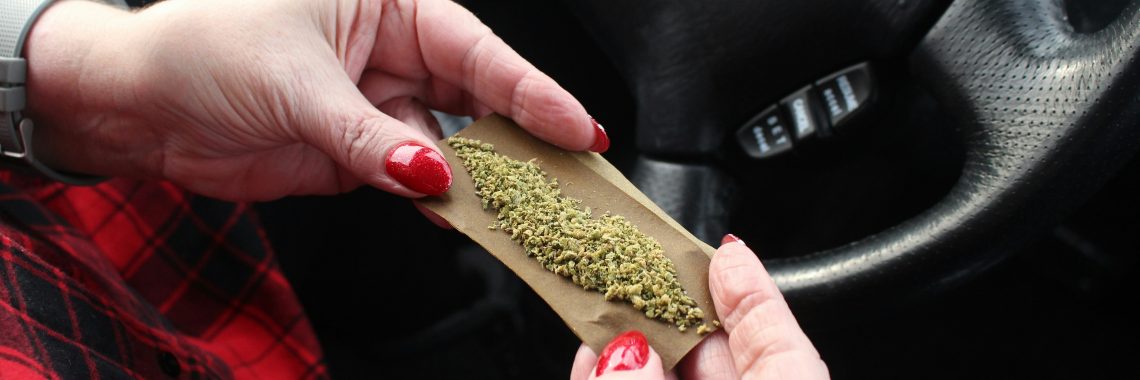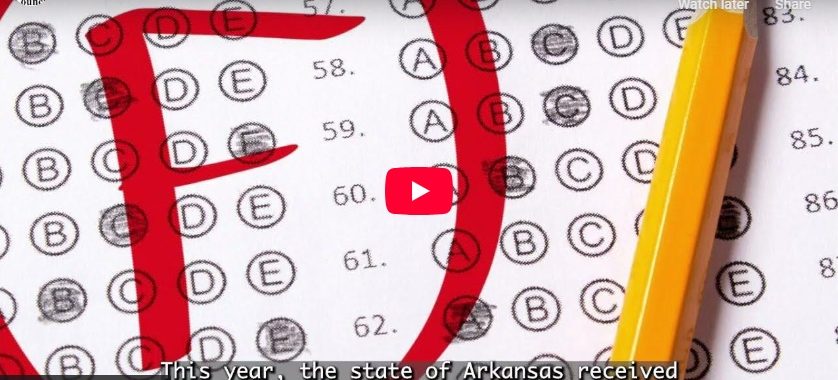Why Socialism Always Fails: Guest Column

After winning the New York City mayoral race on November 4, Zohran Mamdani declared, “We will prove that there is no problem too large for government to solve, and no concern too small for it to care about.” The comment was exactly the opposite of what President Reagan once said that, “The nine most terrifying words in the English language are: I’m from the Government, and I’m here to help.” It did, however, sound very much like what another politician said, “All within the state, nothing outside the state, nothing against the state.” That was Benito Mussolini.
While it would have once been problematic for an American politician to essentially sub-quote a Fascist dictator, many younger Americans are ready to consider failed ideas of the past. For example, according to a recent YouGov and Economist poll, nearly half of Americans aged 18 to 29 have a favorable view of socialism. That demographic overwhelmingly turned out for Mamdani.
A key factor is that the younger generation simply does not know better. This is a failure of their education. They’ve heard about the evils of capitalism, but not about the many killed attempting to escape socialist regimes or why the escapes only went one direction. They’ve been taught to fear the impending catastrophes of climate change but not about the mass starvations resulting from the state controlling industry and agriculture. They’ve learned socialism is about sharing, but not that the sharing is often forced at gunpoint. They’ve learned that when socialism fails, it was done “wrong,” and that true socialism has never been tried.
The truth about socialism is that it is inherently immoral. As Ben Shapiro put it a few years ago,
Socialism is bad, because socialism is tyranny. Not it’s an aspect of tyranny. Socialism itself is tyranny. … The notion of socialism is that you don’t own your own freedom.
The reason oppression results every time socialism is tried is because it’s built into the system. Oppression is not a bug of socialism. It’s a feature.
Socialism is built on conceit. It is assumed that a society’s problems are a matter of poor management, and once the right people are in charge, utopia will be in reach. What Hannah Arendt said about totalitarianism fits its embryonic stage of socialism:
Their moral cynicism, their belief that everything is permitted, rests on the solid conviction that everything is possible. … Yet they too are deceived, deceived by their impudent conceited idea that everything can be done and their contemptuous conviction that everything that exists is merely a temporary obstacle that superior organization will certainly destroy.
Socialism requires that any element of society that does not submit to the state be stripped away or, “better” yet, made another arm of the state. The mediating institutions that Alexis de Tocqueville rightly observed as drivers of American liberty and prosperity—such as churches, schools, volunteer organizations, and families—must devolve under socialism into departments of government power. The state cannot fail.
But it does, and not just because of inefficiency. Socialism ultimately fails because it is built on flawed anthropology. Socialists claim to be for “the People,” but it’s always for Humanity and never for humans. According to a socialist vision, the individual receives dignity from society, not the other way around. The individual with his or her unique insight, perspective, and preference becomes an existential threat to the grand socialist project.
Within a Christian worldview, dignity was given to individuals by God, who made them in His image. They bring dignity to the families, communities, and societies around them. They are not cogs in a government-sponsored wheel, nor are they problems for the state to solve. They are, to borrow from J.R.R. Tolkien, sub-creators who, given the freedom and chance to do so, will outperform any mass system that seeks to control them.
Copyright 2025 by the Colson Center for Christian Worldview. Reprinted from BreakPoint.org with permission.




